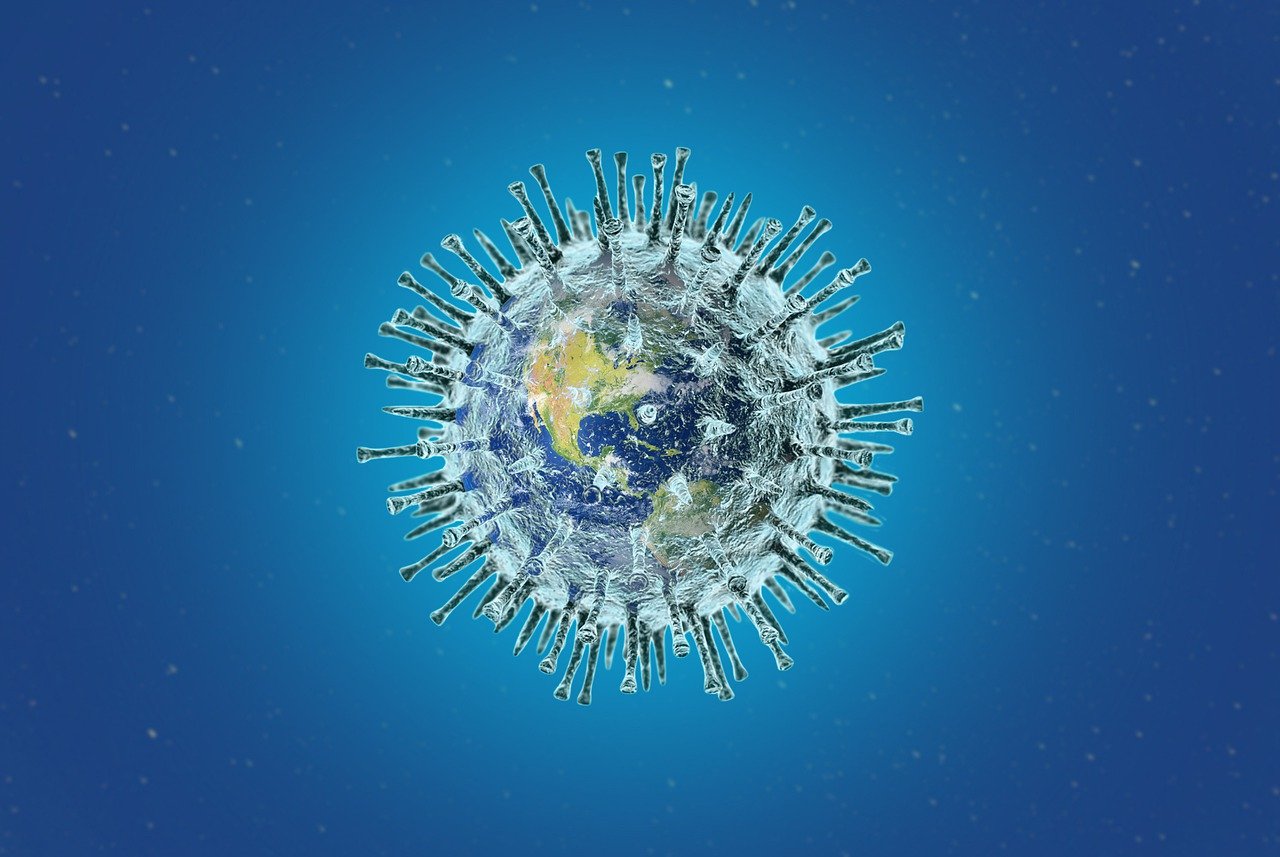Pfizer steams ahead with vaccine supply chain plans
Company already deep in logistics planning in order to ship millions of vaccine doses

New York-based pharmaceutical company Pfizer is making plans for its Covid-19 supply chain. The company is hoping to be ready to apply for emergency-use authorisation of its vaccine by late November.
Its facility in Kalamazoo, Michigan, has been fitted with 350 large freezers in readiness for the planned delivery of 100 million does in 2020 with a further 1.3 predicted for 2021. The company has another facility in Puurs, Belgium, as well as distribution centres in Pleasant Prairie, Wisconsin, and in the German town of Karslruhe.
Normally, a pharmaceutical company would wait for product authorisation before setting up manufacturing lines and a supply chain, but the nature of the pandemic saw Pfizer working on its supply chain in March when vaccine development started.
The US government has already placed an order for 100 million does, the EU has ordered 200 million doses, Japan 120 million and the UK 30 million, with options for additional doses.
Pfizer has developed its own container in which to ship the vaccines to ensure they arrive at designated locations still frozen and potent. The container can store between 1,000 and 500 doses for 10 days at minus 70 degrees Celsius before needing to be re-iced. The boxes will allow the company to avoid the usual larger, temperature-controlling containers used in transportation, meaning Pfizer can ship them faster because there will be no unnecessary delays waiting for the standard refrigerated boxes.
Twenty flights a day operated by FedEx Corp, United Parcel Service and DHL International will provide cargo space. All shipments will be tracked by GPS.
With these plans in place the company expects total delivery time from distribution centre to point of use to be an average of three days. Pfizer is planning to bypass distribution wholesalers. The biggest problems are expected to be found closer to the final point of delivery, rather than the first stages of shipping, according to health-care supply-chain expert, Julie Swann who has advised the Centers for Disease Control and Prevention on the H1N1 virus response.
According to announcement from Pfizer and BioNTech, their vaccine resulted in 90% of potential infections being prevented in trials.
